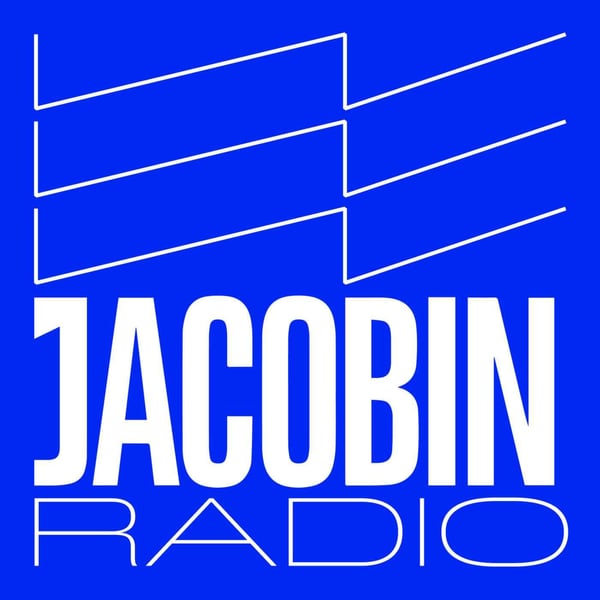Behind the News: Race and Mass Incarceration
Jacobin Radio
Jacobin
4.7 • 1.5K Ratings
🗓️ 22 July 2017
⏱️ 52 minutes
🧾️ Download transcript
Summary
Hosted on Acast. See acast.com/privacy for more information.
Transcript
Click on a timestamp to play from that location
| 0:00.0 | The Oh, Hello and welcome to Behind the News. My name is Doug Henwood. Summary |
| 0:36.8 | greetings from Gloucester, Massachusetts, which is why you might hear some |
| 0:39.8 | aquatic birds in the background. Most of today's show will be taking up by an |
| 0:43.7 | interview with James Foreman Jr. whose book Locking Up Our Own Crime and |
| 0:47.3 | Punishment in Black America was published in April by Farra Strouse. At the end of |
| 0:52.0 | the show we'll hear a reprise of an interview with |
| 0:53.9 | Kanga Yamada Taylor from June 2016 on a political strategy for dealing with the disgrace that is |
| 0:59.3 | mass incarceration. James Foreman Jr. is a professor at the Yale Law School. He's the son of the distinguished |
| 1:04.8 | Civil Rights Activist James Foreman, who was most notably associated with Snick, the student |
| 1:09.2 | nonviolent coordinating committee in the 1960s. The younger Foreman spent six years as a |
| 1:14.1 | public defender in DC, an experience that is central to the analysis presented in |
| 1:18.0 | his book, locking up our own crime and punishment in Black America. |
| 1:22.8 | In my opening question, I asked Foreman |
| 1:24.6 | to explore the limitations of the new Jim Crow argument, |
| 1:27.6 | which he expressed in review of Michelle Alexander's book |
| 1:30.1 | published in the Yale Law Journal. |
| 1:32.1 | He demeared some, but what I was getting after is a point that he makes in that review, that while the original Jim Crow made no class distinctions among black people, mass incarceration does. Most of our prison population, regardless of color, comes to the ranks of the poor. |
| 1:46.0 | Just one to two percent of the people behind bars, for example, have college degrees, |
| 1:50.0 | and the risk of a black college graduate going to prison actually declined |
| 1:54.0 | between 1979 and 1999. There is no doubt that our criminal justice system is |
| 1:58.8 | deeply racist but saying that it revives Jim Crow obscures of important points. |
| 2:04.0 | Okay, on to James Foreman Jr. |
... |
Please login to see the full transcript.
Disclaimer: The podcast and artwork embedded on this page are from Jacobin, and are the property of its owner and not affiliated with or endorsed by Tapesearch.
Generated transcripts are the property of Jacobin and are distributed freely under the Fair Use doctrine. Transcripts generated by Tapesearch are not guaranteed to be accurate.
Copyright © Tapesearch 2025.

